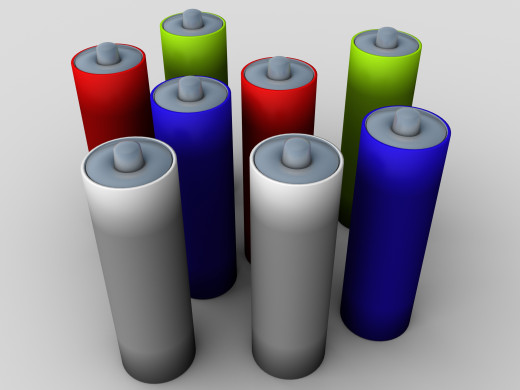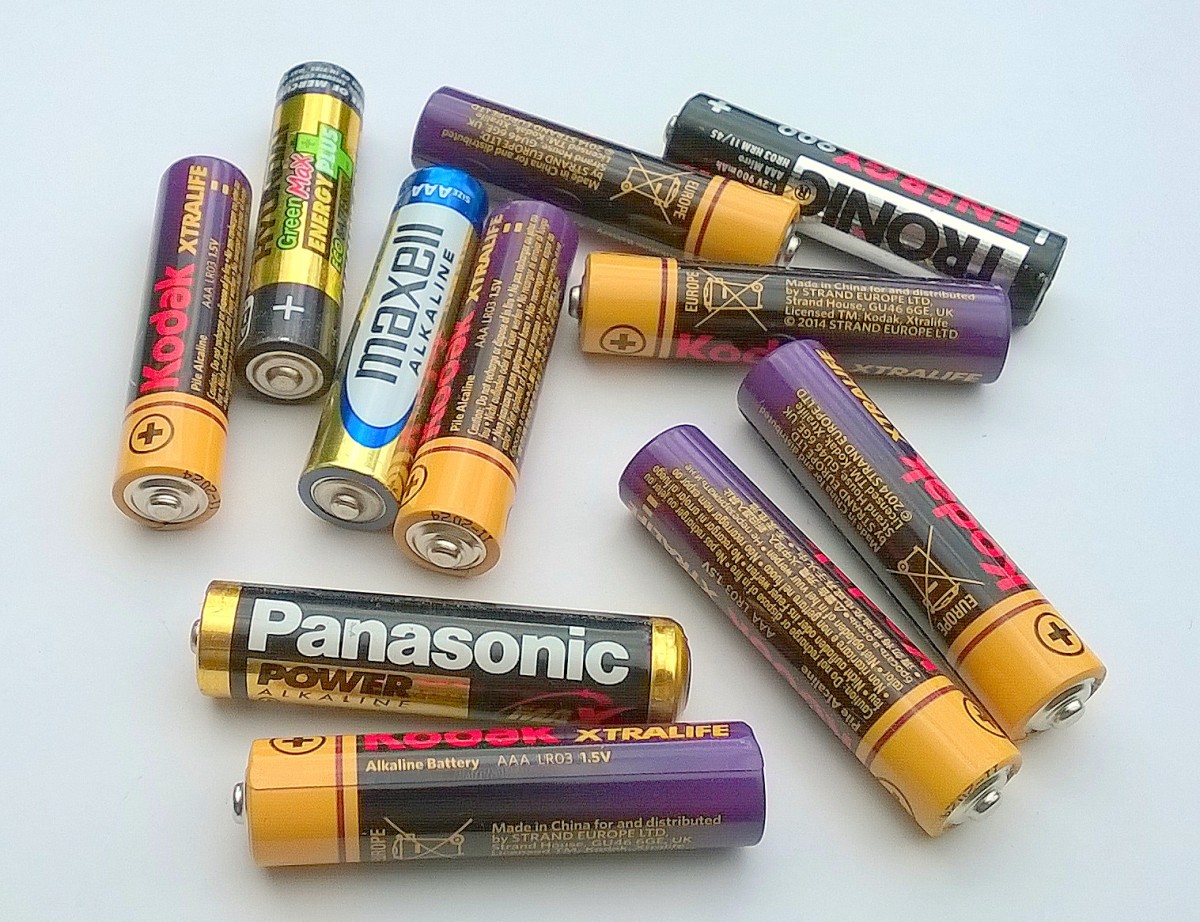Alkaline vs NiMH and Other Battery types

A Comparisons between Alkaline, Nickel Cadmium, and Nickel Metal Hydride Batteries
Alkaline battery is ancient technology but still people use them, packs are still sold and some gadgets need specifically alkaline batteries. Alkaline batteries are not rechargeable – well, at least they say it’s not, but actually you can but you need some special equipment i.e. there is no commercial alkaline recharger. Hobbyists, photographers and a lot of people switched to rechargeable NiCd then to NiMH when they hit the market. The main reason is because they can be recharged. You only have to pay once and you can use a pack over and over again.
So what’s in Alkaline Batteries that made them survive the market? What is in them that makes them good for some applications?
All technology has its advantages and also disadvantages. The Sole disadvantage of Alkaline is that they cannot be recharged (that’s what the manufacturer says but that’s not what I think) and they have a lower charged density which is approximately 1500mAh. Nickel cadmiums are around 1000mAh or less and Nickel Metal Hydride cells are 2000mAh above and sometimes reach 4800mAh.
Now that we are through the disadvantages here are the advantages:
Reliability. Alkaline batteries can hold charges for up to 5 years. They do not suffer from what we call self discharge which are very prominent in rechargeable batteries, even Lithium-ion batteries. Because of this Alkaline batteries are best for low current electronics like clocks, watches, calculators, smoke detectors and others. The tendency of rechargeable batteries when used here is that they would lose charge more due to self-discharge that through the load of the electronic unit.
Higher Voltage Output. Alkaline batteries give 1.5v per cell. Nickel based Batteries give only 1.2v. Not much of a difference? Usually batteries are used in pairs in series. So a pair in series will be: Alkaline at 3 volts and Nickel based cells at 2.4 volts. Now that’s big difference. Some gadgets won’t work with nickel based cells because of this. In film photography, photographers prefer using alkaline batteries in their flashes since it refreshes the flash faster than rechargeable batteries.
These two advantages keep alkaline batteries in the market. And they still will be for a long time. However they are threatened to extinction because of the newer Lithium Batteries. They are a non-rechargeable type of cells that uses pure lithium (not to be confused with lithium-ions). They give 1.5 volts per cell and have greater charge density. It may be around 5000mAh or more.
About recharging alkaline batteries – it is possible. The methods or process or variables are different between manufacturers of the cell. Read my article here for the instructions:








